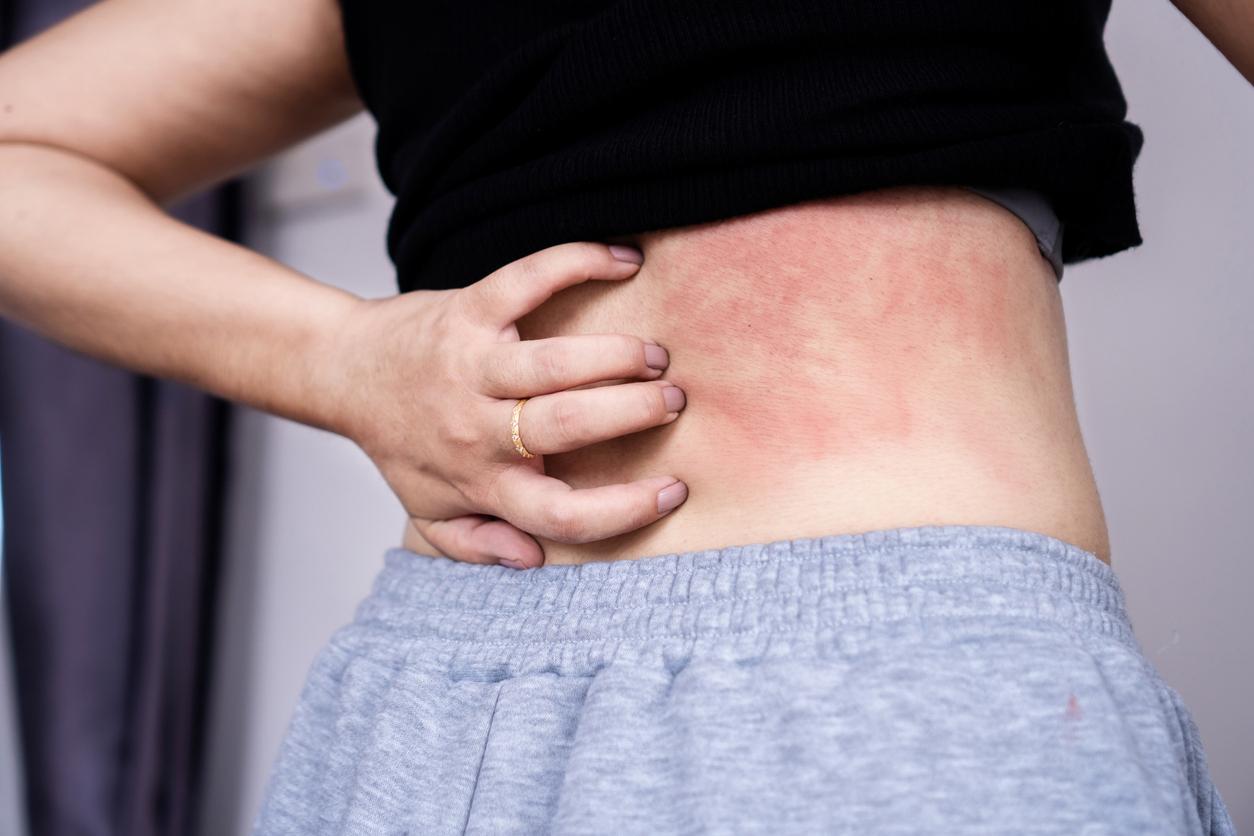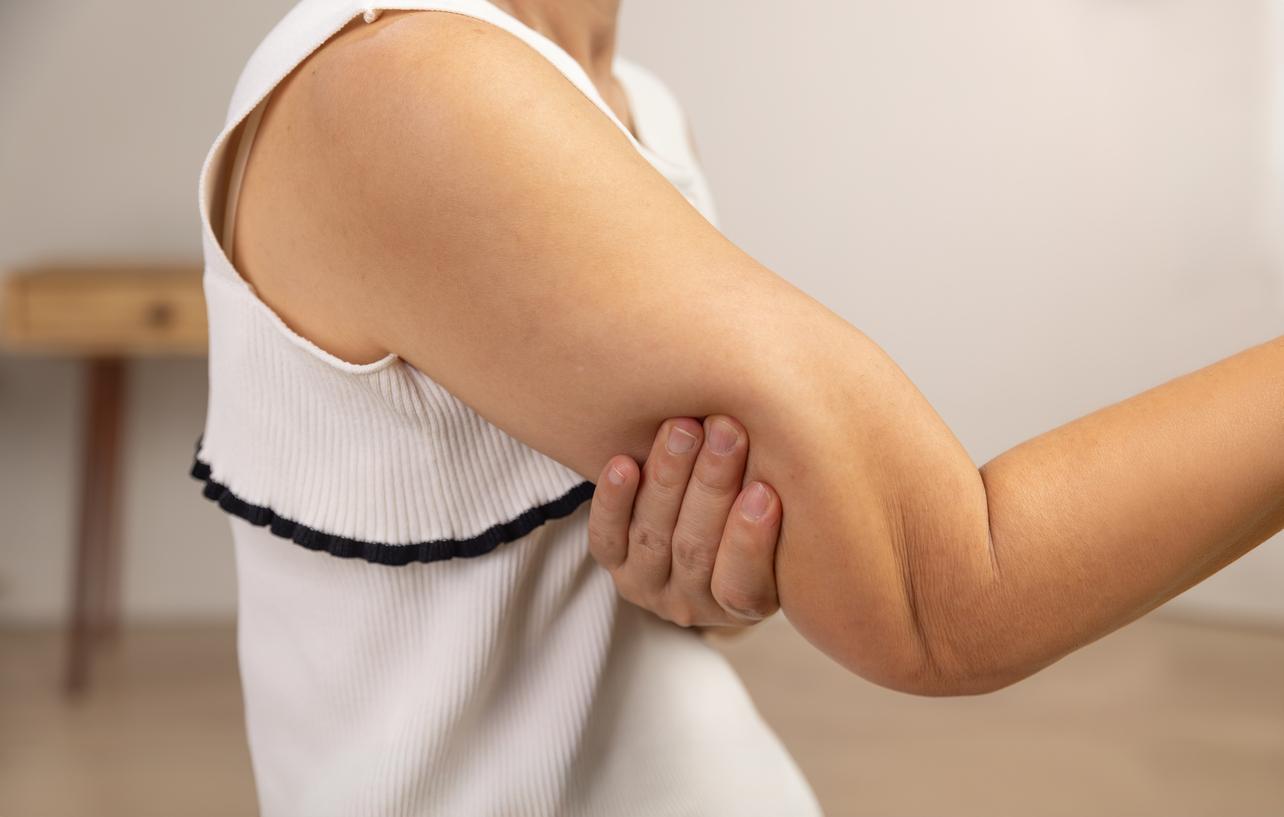Stress makes you fat because it disrupts sleep
“When we are stressed, preoccupied, anxious, we sleep less well. However, the lack of sleep impacts the hormonal system involved in the regulation of food intake”, indicates Professor Florian Ferreri, psychiatrist. Indeed, when you do not sleep enough (less than 7 hours per night), you secrete more ghrelin, a hormone that makes you hungry, and as fatigue is assimilated by the body to hypoglycemia, you especially crave sweets. “When we are tired, we eat more and less well” confirms dietician Angélique Houlbert. Finally, if you don’t sleep enough and you’re tired, you also have less desire to move, to go to your gym class or even to do your recommended 30 minutes of brisk walking per day. As a result, less energy is spent, which further increases the risk of weight gain.
Stress makes you fat because it increases cortisol secretion
“If acute and punctual stress tends to cut our appetite, to draw on our reserves and to make us lose weight, stress that lasts over time will on the contrary make us take it” underlines Laurence Haurat, nutritionist psychologist. Cortisol is to blame: this hormone, secreted by the adrenal glands in response to stress, promotes the storage of fat in the abdominal area, increases appetite and directs food choices towards energy products, that is to say fatty and sweet. It does everything to store energy to prepare the body to fight. Except that today, we no longer live in nature, we no longer have to hunt and fight to live. In other words, the secretion of cortisol is not adapted to the chronic stress of our modern lives, induced for example by problems in the couple, harassment at work, support for a sick loved one…
Stress makes you fat because it unbalances the microbiota
We know today that the brain and the intestine communicate permanently via nervous messages (which pass through the vagus nerve) and hormonal messages (which circulate in the blood). This communication goes both ways: stress favors the imbalance of the microbiota, and a microbiota that is unbalanced by a poor diet has an impact on the brain (90% of serotonin, the neurotransmitter of well-being, is produced in the intestine). Having a rich and diversified microbiota protects against many diseases, but also against weight gain, because certain good bacteria regulate our appetite. Conversely, an imbalanced microbiota may contain too many bacteria that have a stronger ability to draw energy from food and store it in adipose tissue.
Stress makes you fat because it leads to snacking
“A stressed person is more sensitive, more vulnerable to negative emotions, they feel things more strongly and tend to catastrophism. To calm this, they can turn to soft foods” analyzes Professor Florian Ferreri. These “cuddly toys” are those foods that bring back good memories: childhood snacks, birthday cakes… They are also “fatty and sweet foods that activate the reward circuit and the secretion of soothing neurotransmitters,” says Laurence Haurat. The problem is that their calming effect does not last, the stress then comes back with a feeling of guilt if you have eaten too much which can make it worse. Food is an easy and always available solution, but it is not the right answer to stress. It is important to find other things that you like (listening to music, walking in nature, reading a novel, running, etc.) to soothe your stress and counter your cravings.
Stress makes you fat because it makes you crave sugar
“Calming your stress with cookies, chocolate bars, madeleines and other sweets is really not a good idea! These are hyperglycemic foods which, in addition to physical stress, will add physiological stress”, warns Angélique Houlbert. Concretely, sugary products taken in isolation cause a strong secretion of insulin, the hormone responsible for bringing sugar into the cells. A reactive hypoglycemia follows, the blood sugar level goes down very low, which leads to strokes and sweet cravings. We are then tempted to take another candy to recover, a real vicious circle. “Sweet products are ’empty calories’, they provide a lot of calories, but no interesting nutrients. Excessive consumption makes you fat and disturbs the mood” adds the dietician.
Read also :
- The best foods to avoid being overwhelmed by stress
- 9 Foods You Shouldn’t Eat If You’re Stressed



















